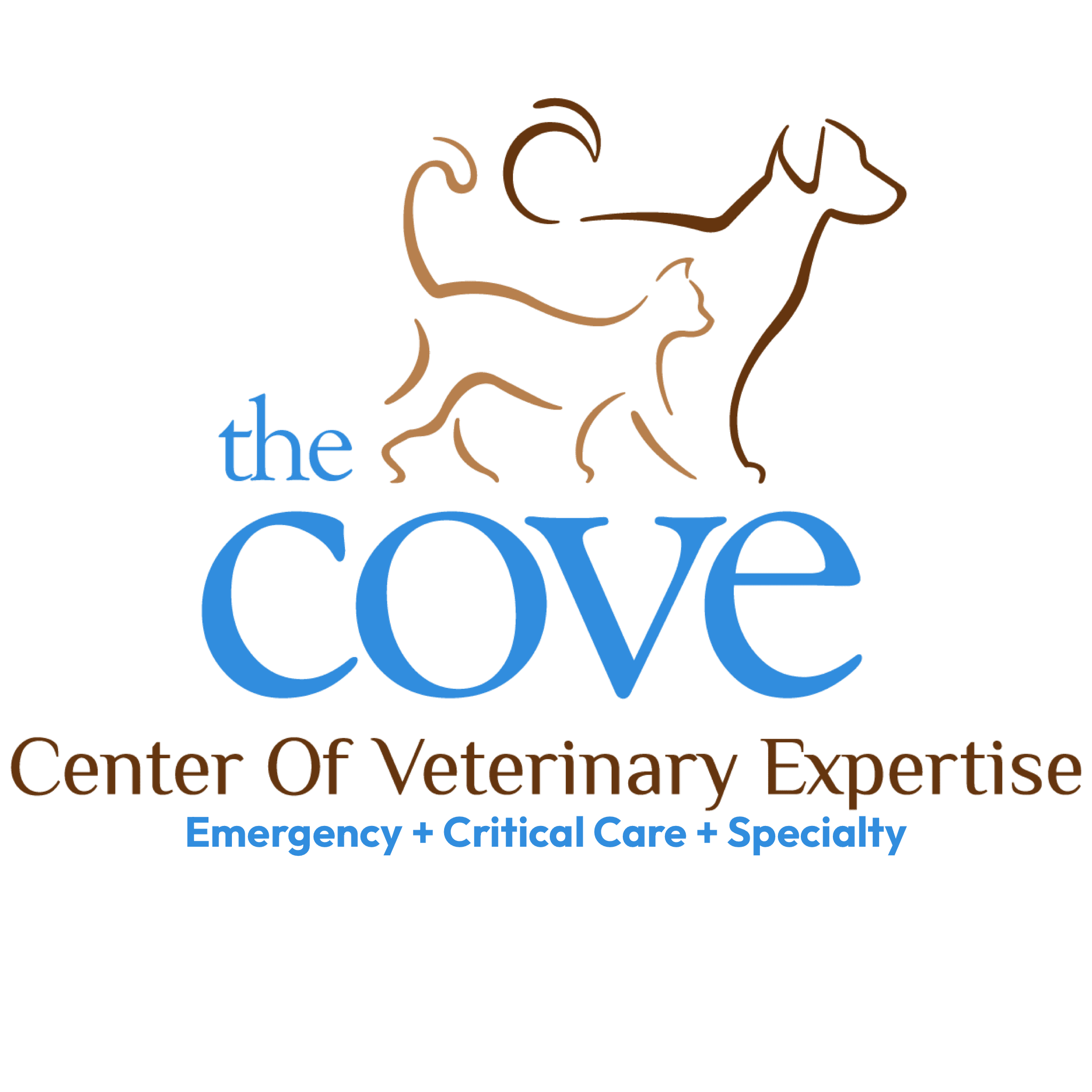Every summer, Fourth of July celebrations bring neighbors, family, and friends together for flag-waving, and fireworks-filled good times. But for pets, the holiday can not only be overwhelming, but downright dangerous.
Let’s review some of the common health hazards that dogs and cats face each Independence Day, as well as ways to keep them healthy and safe:
Foreign Body Ingestions: Some of the most common cookout-related ingestions include wooden skewers, corn cobs, peach, and similar fruit pits, and chicken bones, all of which can cause internal damage or intestinal blockage. Keep food preparation and loaded plates well out of pets’ reach, and once plates are finished, put them in a lidded trash bin. You know some dogs aren’t too proud to go dumpster diving for leftovers.
Poisoning: Similar to foreign body ingestions, pets who counter-surf – or are allowed to lick plates clean – can eat something toxic. Raw onions are especially toxic to dogs, so keep burger fixings away from nosy pets, as well as other common toxins like alcohol, raisins, and grapes. Fireworks are also poisonous to pets, so if you or your neighbors are having fun with sparklers or smaller backyard displays, make sure to store them away from pets and clean up completely so pets don’t come into contact with harmful chemicals. If you notice signs of poisoning, such as vomiting, loss of appetite, diarrhea, lethargy, or collapse, call your primary care veterinarian or the ASPCA Animal Poison Control Center 24-hour emergency poison hotline at 888-426-4435. If your pet needs immediate care after hours, call a 24-hour emergency veterinary hospital like The COVE.
Fireworks: Americans love our fireworks, but they’re positively nightmarish for some pets. In addition to being toxic, they can terrify dogs and cats with their intense, unpredictable noise and bright light, even from a distance. If your dog is scared by fireworks:
- Get to your veterinarian as early as possible before any fireworks start. They may prescribe medication that can help calm your pet, but you’ll need time to get the medicine and administer it well before any booms begin.
- Additional tips: Crate your dog in an interior room and drape a comforter or heavy blankets over the crate to dampen sounds. Play white noise, turn on a TV, loud fan, or music to further drown out the scary sounds.
Even pets who aren’t bothered by fireworks shouldn’t be around them due to the risk of burns. Finally, never bring dogs to a fireworks display – they could startle so much they slip their collars and run away. Speaking of running away …
Lost Pets: According to PetAmberAlert.com, shelters across the country take in 30% to 60% more animals than usual between July 4-6. Pets can slip out when guests come over, as doors and gates are left open, or they take drastic measures to escape the fireworks mentioned above. Some dogs and cats become so frantic that they’ll break through doors or jump out of windows, leading not only to injury but to getting lost as well. Make sure your pets are secured in a part of your home where they will be most comfortable, preferably a crate or dim room, with curtains closed and soothing noise or music playing. And of course, keep a collar with tags on them at all times, so if you do become separated, a happy reunion will be possible.
Heat Stroke: As with any summertime day, keep an eye on pets to ensure they’re staying cool. Exercise only during the coolest hours in the morning (avoid the evenings due to fireworks) and keep pets indoors or in shady areas where they have access to plenty of clean drinking water. Pets with heavier or longer coats, overweight and older pets, and those with short snouts (Pekingese, French Bulldogs, Pugs, Persian cats, and the like) can overheat faster than other pets, so be especially cautious with them. Signs of heat stroke include excessive panting, bright red gums and tongue, lethargy, vomiting, and diarrhea.
Remember that if your pet does need emergency veterinary care, The COVE is open 24 hours a day, 365 days a year – including Independence Day weekend. You do not need an appointment or referral to receive emergency services, but we do ask that you call first (757-935-9111) so that we can prepare for your arrival.
About Us
The COVE’s veterinarians and staff wholeheartedly embrace the core values of community, collaboration, commitment, compassion, and integrity. This focus ensures that pets, the people who love them, and their primary care veterinarians have as positive and affirming a healthcare experience as possible, regardless of the circumstances that bring us all together.
